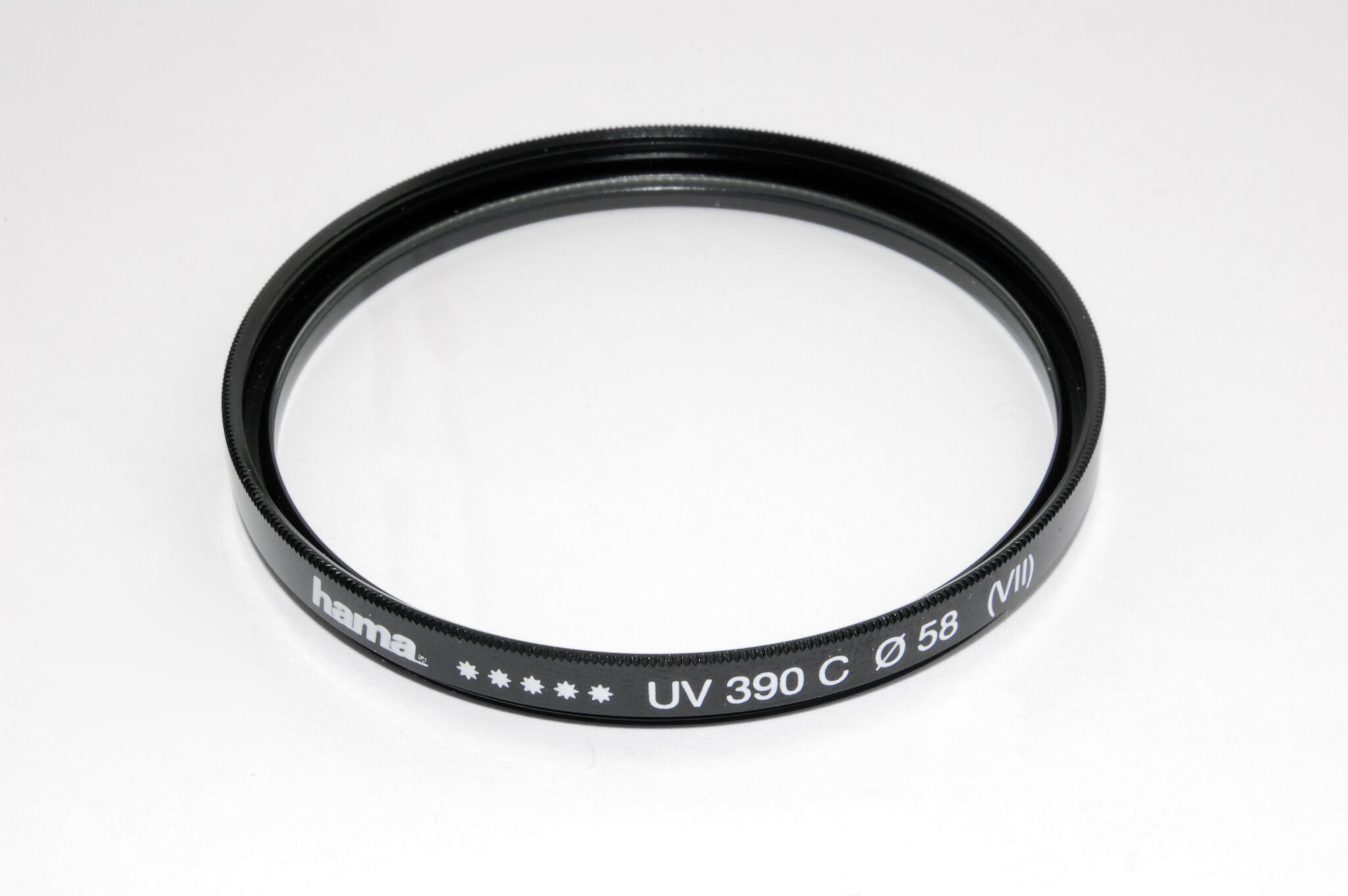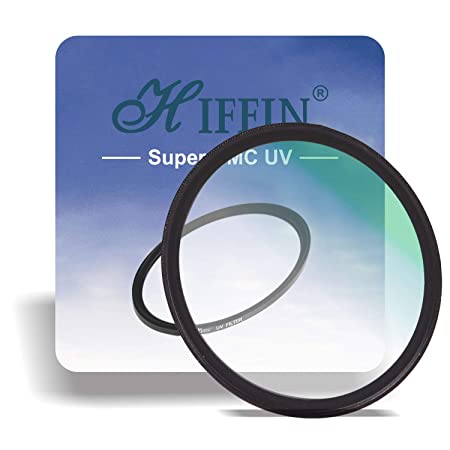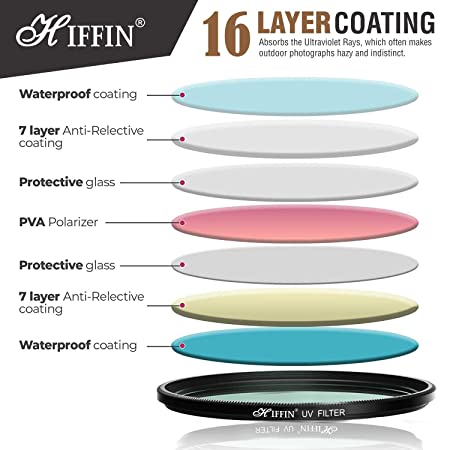UV filter or ultraviolet filter, also known as skylight filter, is commonly used by photographers to protect their camera lenses and improve image quality. In the world of photography, there are various accessories that can significantly impact image quality and protect your equipment. One such accessory is the UV filter. While digital cameras have advanced in many ways, UV filters remain relevant for both professional photographers and enthusiasts. In this article, we will explore the importance of UV filters, their benefits, and why every photographer should consider using them.
What is a UV Filter?
A UV filter, also known as a skylight filter, is a transparent glass or resin filter that attaches to the front of your camera lens. It is designed to block ultraviolet (UV) light rays from entering the lens, preventing haze and improving image clarity. UV filters are available in various sizes (mount) to fit different lenses, and they are generally affordable and easy to use.

UV Light and Its Impact
Ultraviolet (UV) light is present in natural sunlight and can have negative effects on photographs. It can cause haze, reduce contrast, and create a bluish cast in images, particularly in outdoor settings or at higher altitudes. UV filters are designed to block these harmful UV rays, allowing photographers to capture clearer and crisper images with improved color reproduction.
Protection for Your Lens
One of the primary reasons photographers opt for UV filters is their ability to protect the front element of the lens. The filter acts as a sacrificial layer, shielding the lens from potential damage caused by scratches, dust, moisture, and accidental impacts. By keeping the lens protected, the UV filter helps extend the lifespan of your valuable photographic equipment.
Reducing Haze and Enhancing Clarity
Ultraviolet light is invisible to the human eye, but it can affect the quality of your photographs. When shooting outdoors, especially in high-altitude or coastal areas, UV rays can create a bluish haze that impacts image sharpness and contrast. UV filters effectively block these rays, allowing your camera to capture clearer and more vibrant images with improved overall sharpness.
Filter Transparency and Image Quality
UV filters are designed to be transparent and have a minimal impact on image quality when used properly. However, it’s important to note that the quality of the UV filter itself can affect image clarity. Lower-quality filters may introduce unwanted reflections, decrease sharpness, or cause lens flare. To mitigate these issues, it is advisable to invest in high-quality UV filters made from premium materials and coatings.

Lens Protection Beyond UV
UV filters offer additional advantages beyond UV light filtration. They act as a first line of defense against dust, dirt, and smudges, making cleaning your lens easier. Moreover, the filter can help minimize the risk of lens flare and ghosting when shooting against strong sources of light, such as the sun or artificial lighting. By using a UV filter, photographers can avoid direct contact of their lens with potentially damaging elements, thereby extending its lifespan and reducing the need for costly repairs or replacements.
UV Filters in Digital Photography
It’s worth noting that the impact of UV light on digital sensors is significantly lower compared to film cameras. The sensor coatings in digital cameras already offer UV protection to some extent. However, UV filters still provide benefits such as lens protection and the ability to reduce atmospheric haze. Additionally, using a UV filter can act as a preventive measure against potential sensor damage caused by prolonged exposure to direct sunlight.

Choosing the Right UV Filter
When selecting a UV filter, it is essential to consider the quality of the filter itself. Look for filters made from high-quality glass or resin to ensure minimal impact on image quality. Cheaper filters may introduce unwanted reflections or affect the sharpness of your images. Additionally, ensure that the filter size matches your lens diameter for a proper fit.
Using UV Filters Wisely
While UV filters offer numerous benefits, it is important to note that adding an additional layer of glass or resin to your lens can potentially degrade image quality if not used correctly. It is advisable to invest in reputable brands and high-quality filters to minimize any negative impact on your photographs. Additionally, be mindful of shooting conditions and adjust your use of the filter accordingly.
Conclusion
UV filters are more than just protective accessories for your camera lens. They provide invaluable benefits such as reducing UV-induced haze, enhancing image clarity, and safeguarding your lens from potential damage. Investing in a quality UV filter can elevate your photography by allowing you to capture sharper and more vibrant images while ensuring the longevity of your lens. So, consider adding a UV filter to your gear collection and unlock the full potential of your photographic endeavors.
